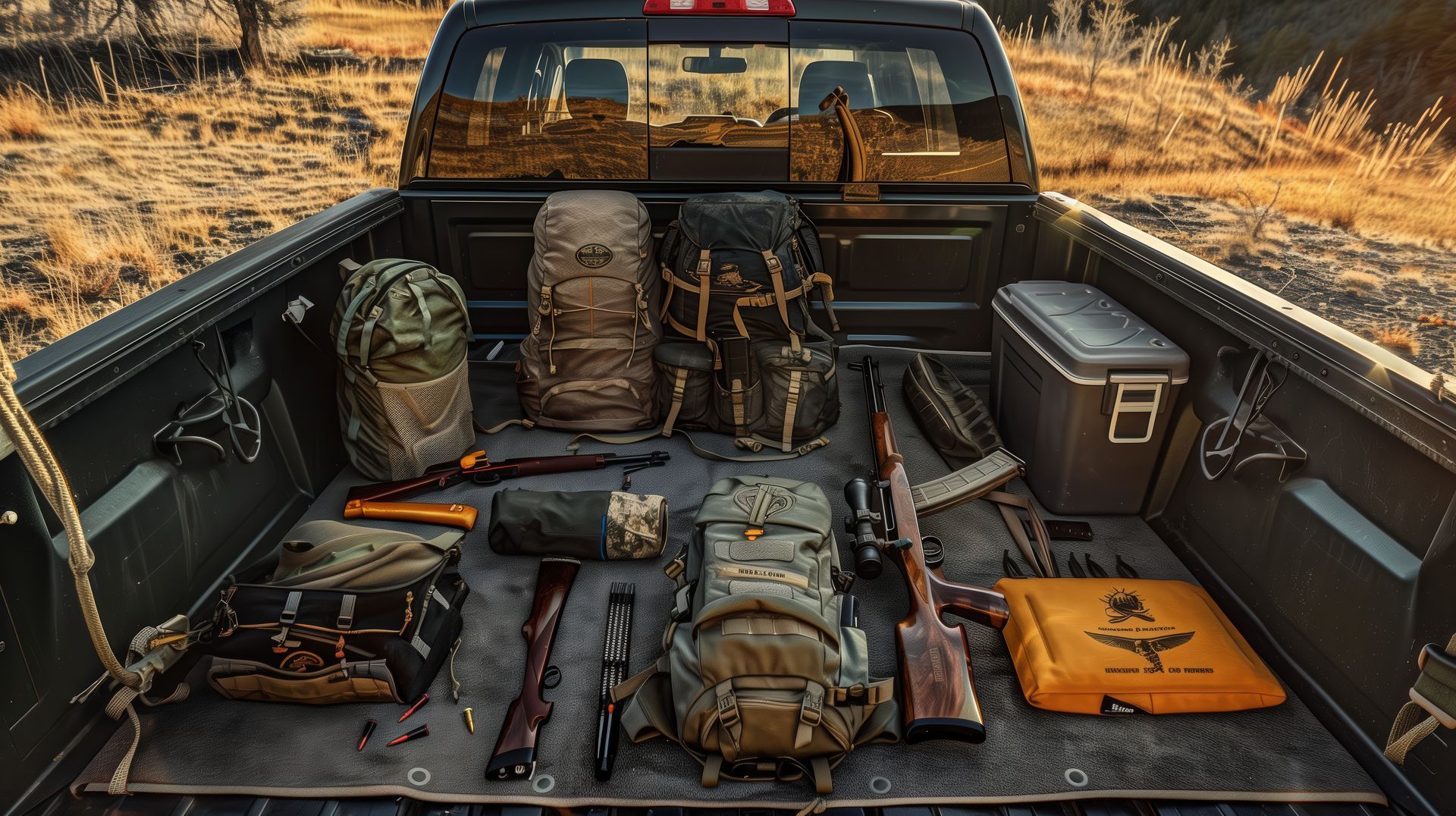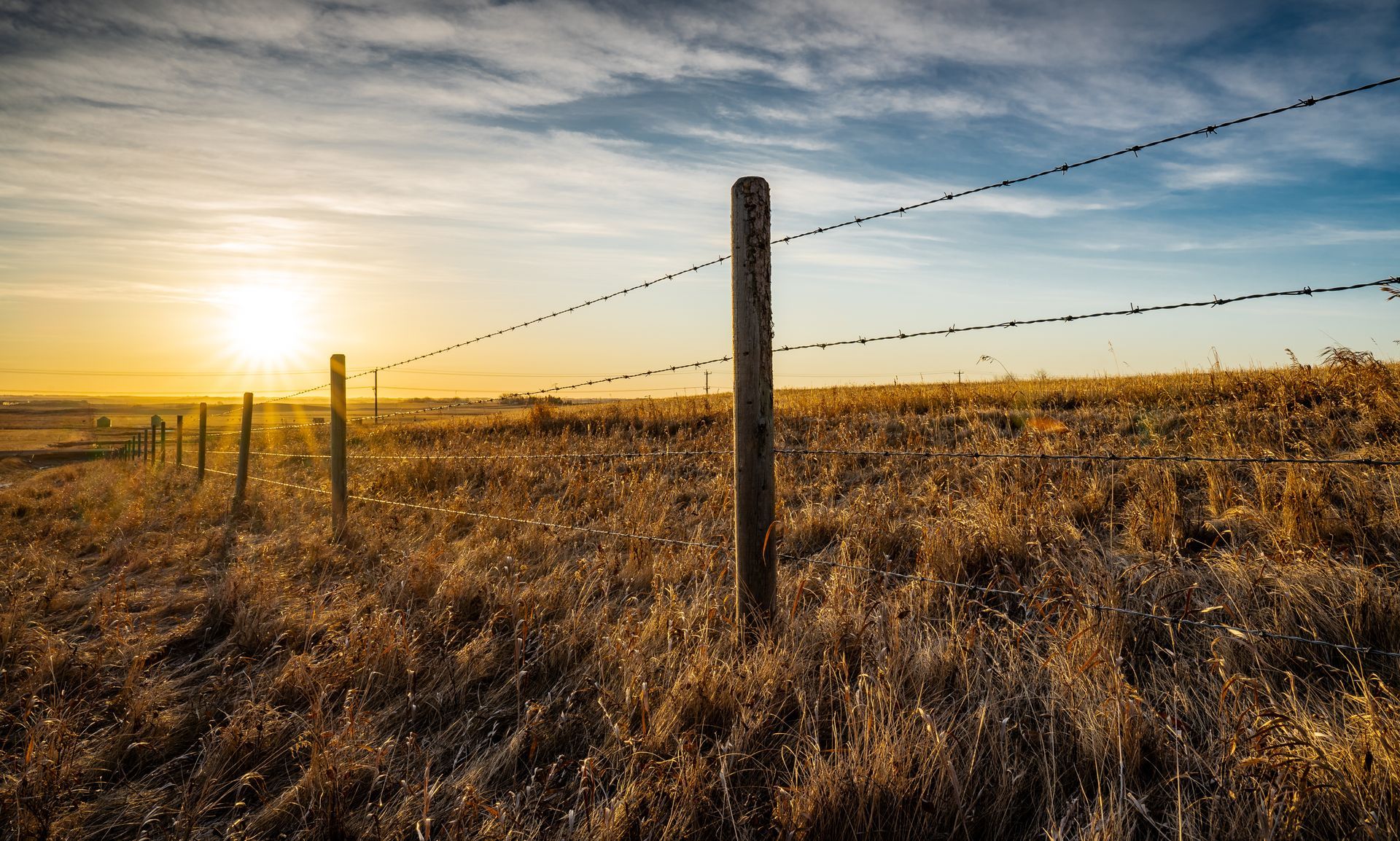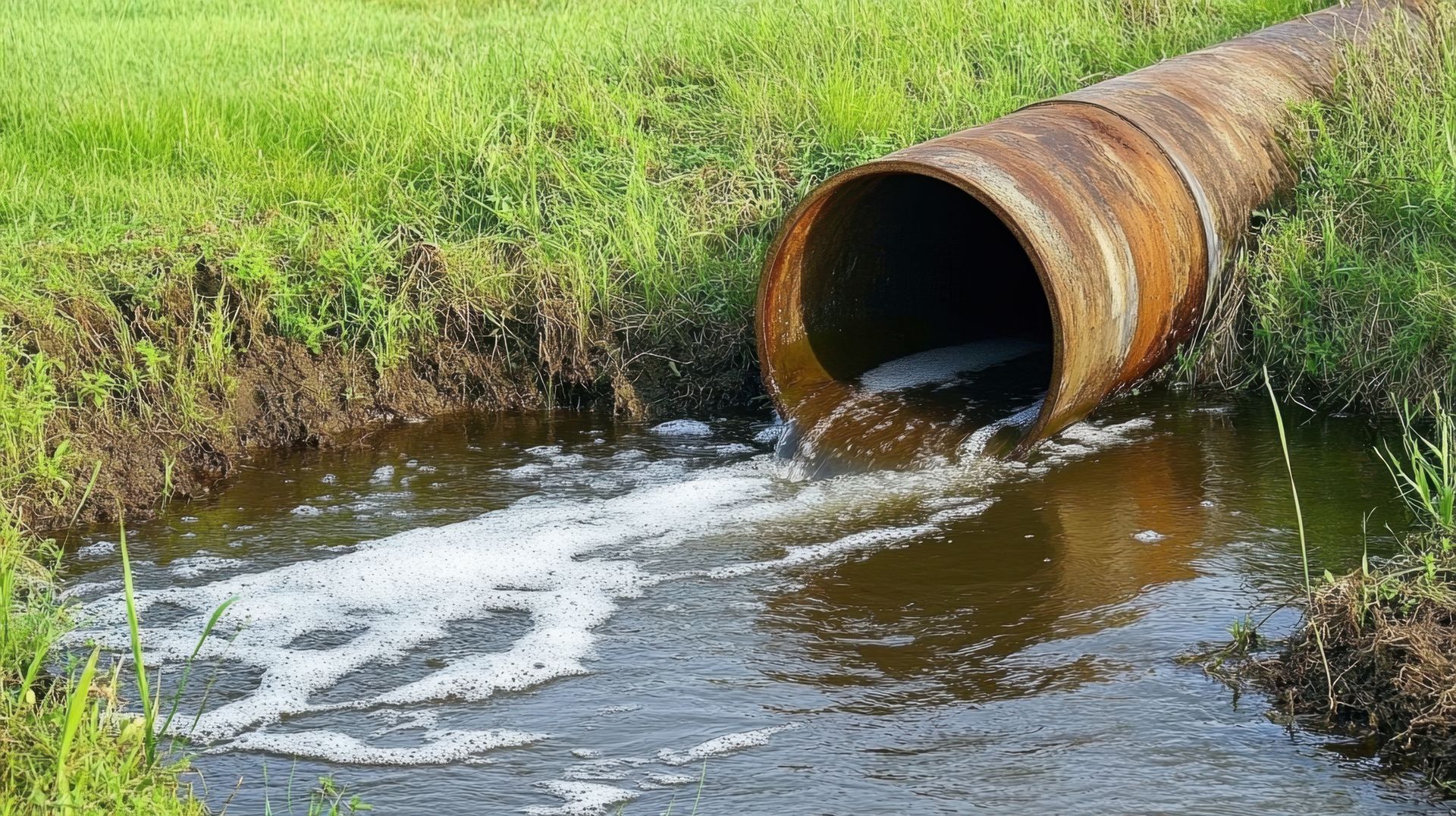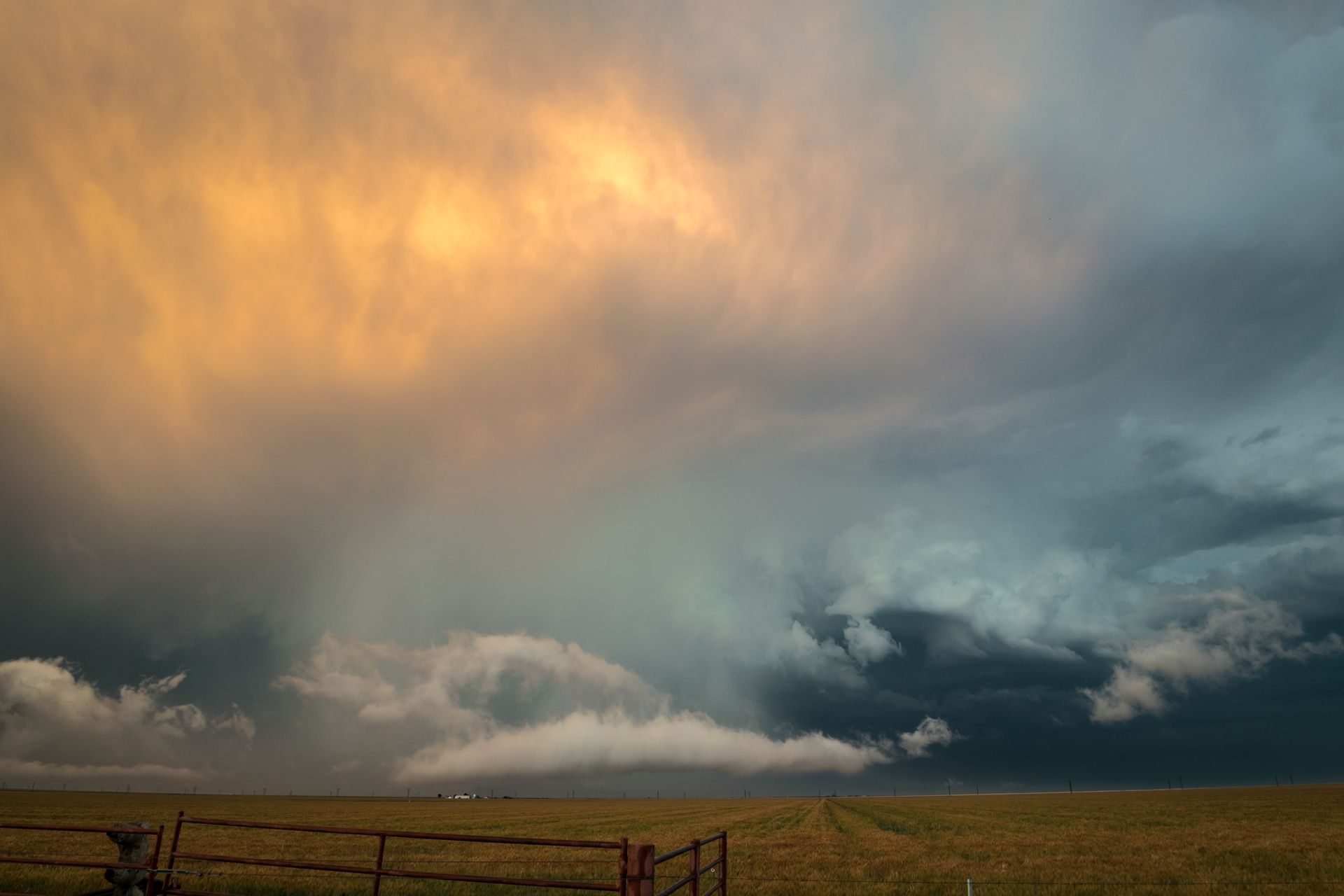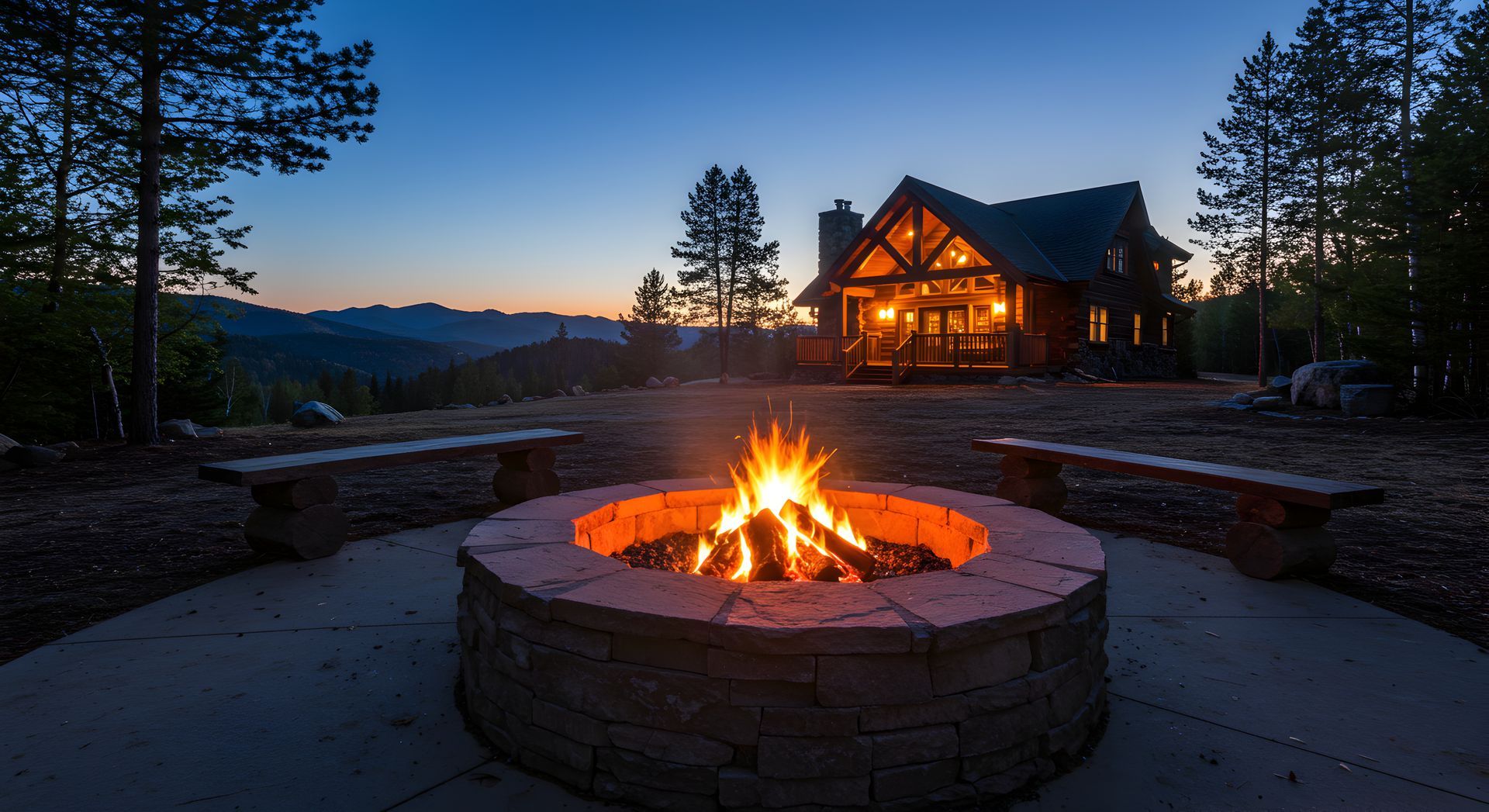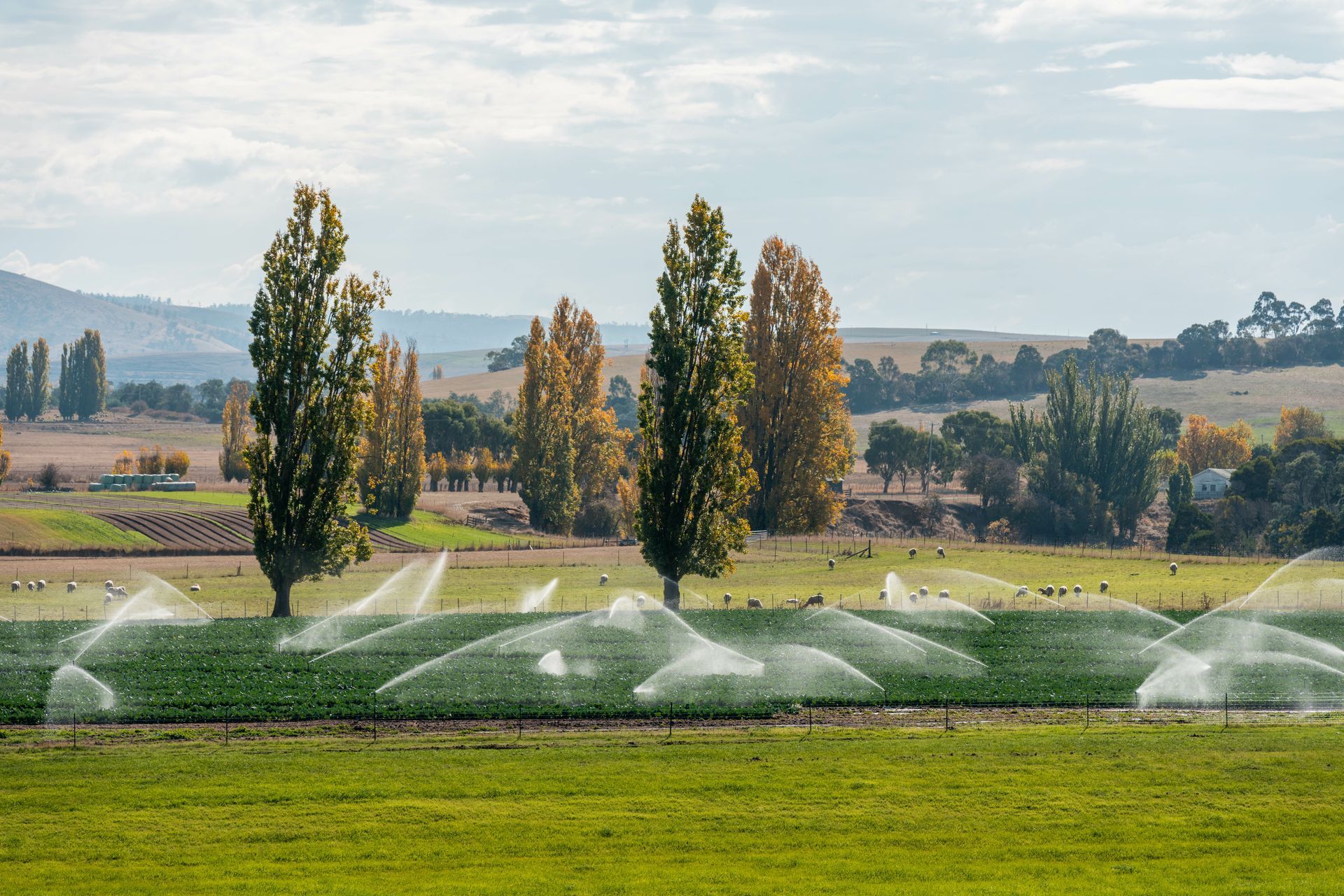10 Things to Know Before Buying Land in Texas

As the second biggest state in the U.S., Texas offers a diverse array of landscapes, breathtaking scenery and an abundance of land.
If you’re thinking about buying land in the Lone Star State, you’re not alone. Even the small plots can represent a significant investment of personal resources, which is why it’s generally a good idea to be mindful of potential financial complications and risks. Deciding how you want to use your land and establishing a realistic budget are just a couple of things you’ll need to know to make the right land purchase decision.
The Reason You’re Buying Land
Do you want to build a home or commercial property? Perhaps you’re looking for farmland or creating a rural retreat for tourists. Whatever your end goal may be, you’ll need to research zoning laws and applicable restrictions to determine if your plan is feasible.
Zoning and Regulations
Local zoning laws and regulations will determine how you can use the purchased land. For example, an area may be zoned for residential use only, meaning you won’t be able to use your land for commercial or agricultural purposes.
Alternatively, you can go through the process of having your land use reassessed; however, this may be time consuming and doesn’t guarantee a change in zoning.
Location
If you plan to use your land to build a home or business and attract clients, the property will likely need to be close to a major city and be accessible by roads. Do you have children or are planning to have a family? You’ll need to choose a location that’s in close proximity to schools and other family-friendly amenities.
Wetlands
You’ll need to know if there are any wetlands on the property to ensure you can build on or develop the land. Since wetlands tend to be protected ecosystems, there may be restrictions on development or certain activities.
To check for wetlands, you can simply walk the property or hire a wetlands engineer to survey the land.
Availability of Utilities
Make sure your land is connected to utilities like water, electricity and sewage. Not only are these utilities essential for daily living and working activities, but they can also help add value to the property in case you choose to resell the land.
Texas Agricultural Tax Exemption
Do you plan to use your land for agricultural endeavors? You may qualify for the agricultural tax exemption. To qualify, the land must be used for agricultural production, such as for cultivating crops, raising livestock or producing timber. To see if you qualify, you’ll need to fill out an application with your local county appraisal district.
Property Taxes
When planning your budget for buying land, make sure to include property taxes. The specific rate will be based on the property's assessed value. Be aware of any exemptions or discounts, such as the agricultural tax exemption, that may apply to your land. Keep in mind, property taxes usually increase over time as the value of the land is likely to appreciate.
Property Boundaries
You want to know where your actual property lines and boundaries are. People frequently make the mistake of encroaching on property that doesn’t belong to them. This can become a significant legal issue if you built a home, barn or shed and it’s sticking over on someone else’s land.
To avoid such issues, be sure to have a professional land survey conducted before purchasing property.
Access to the Property
Make sure you can legally enter and exit the land via a road, even if it’s a dirt road or a grass road. You don’t want to purchase land that’s not easily accessible, only accessible by foot or land that requires you to cut across another landowner’s property.
The easiest way to check if a piece of land has access to roads is to check the location on google maps or by obtaining the property deed.
Soil Test
Bore tests let you know what the soil is like in the area where you wish to purchase land. The test analyzes the soil's composition, stability and drainage capabilities, providing crucial information for builders and engineers.
Knowing soil attributes will help you determine what kind of dirt you’ll need to bring in to build a house or if there’s dirt you need to remove to avoid potential issues during construction.
Looking for a Homesite in Rural Texas?
If you’re looking to purchase land in a master-planned community to build your dream home, Ranger Ridge may be the ideal option for you. We’ve carefully curated our land and each homesite to ensure it’s perfect for your rural retreat.
Each Ranger Ridge resident also has access to state-of-the-art amenities, including a clubhouse for entertainment, fishing pier and a shooting range.
To learn more about our community, book a tour by calling (817) 618-6773.

